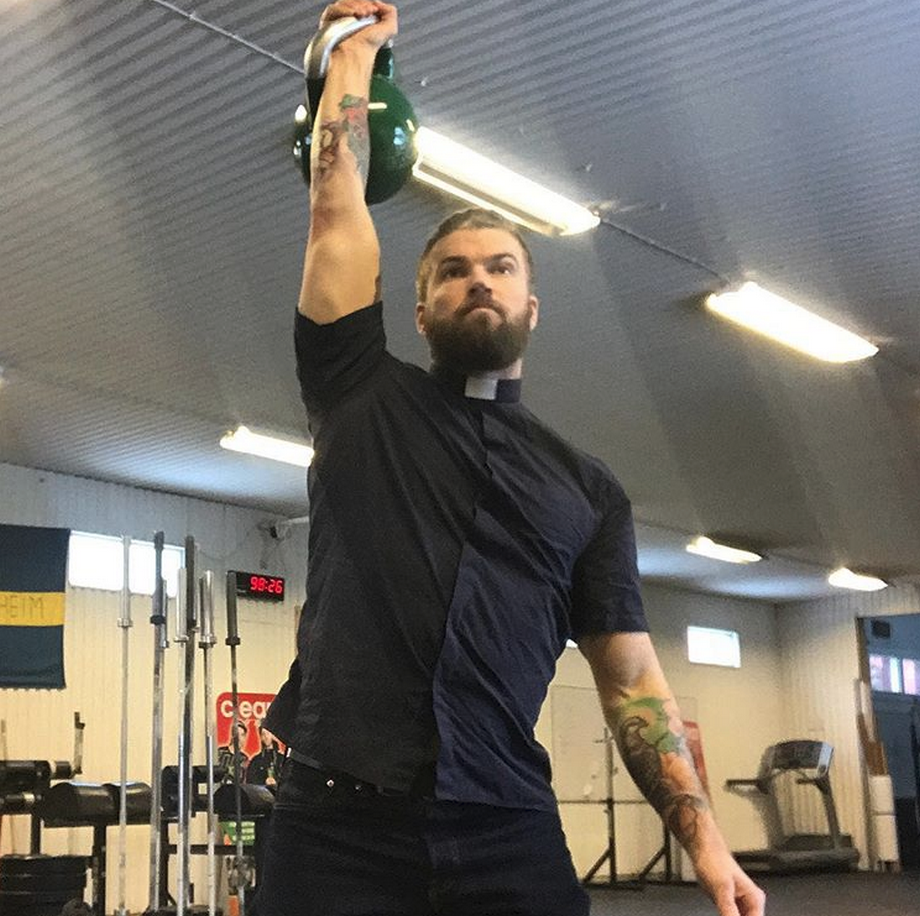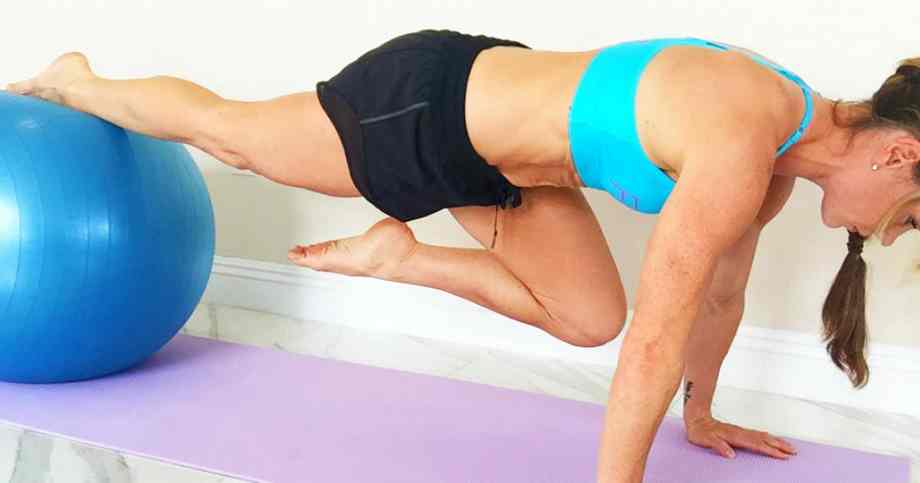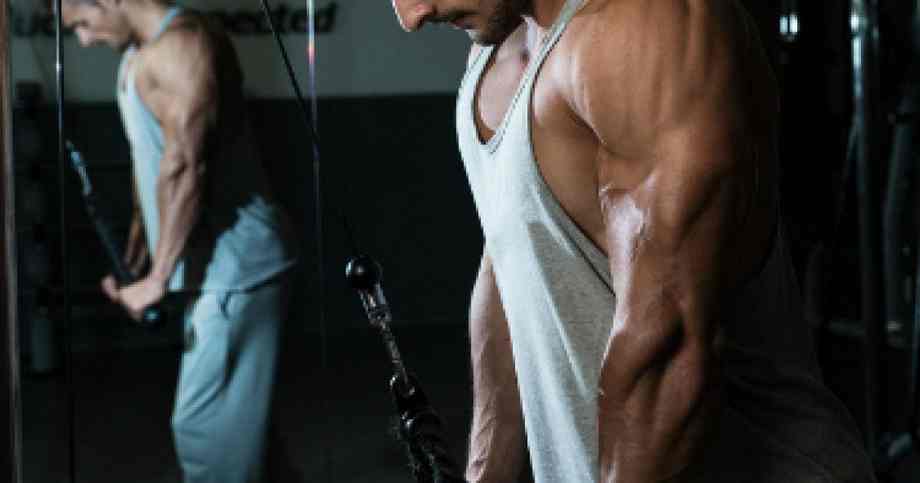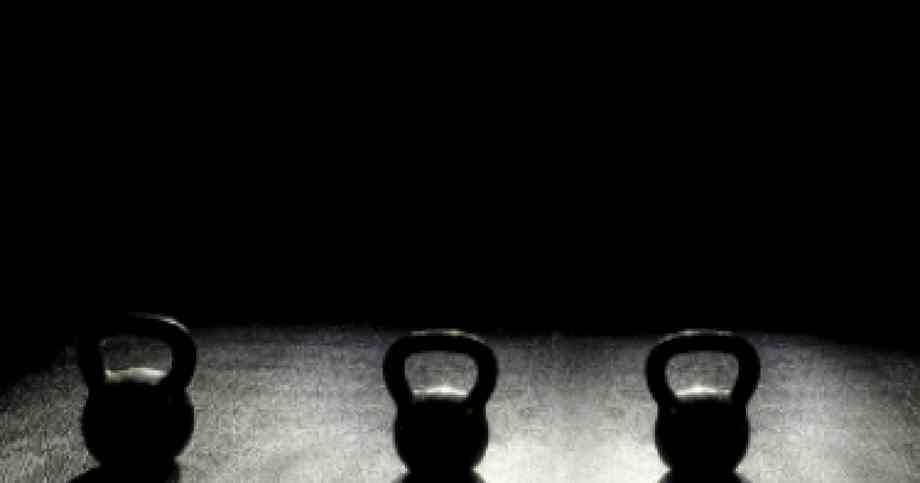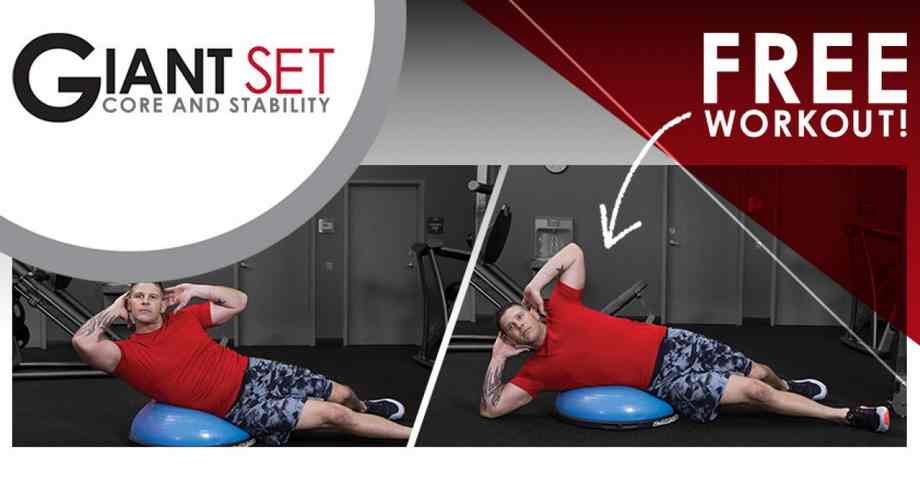Why This Efficiency Coach Constructed a Follow Round Eccentric Isometrics

At first look, Superior Human Efficiency in Suwanee, Georgia, appears like an ordinary high-performance fitness center: all free weights and squat racks and turf. However then you definitely go searching.
In a single nook, Tampa Bay Rays outfielder Austin Meadows bends ahead whereas balancing on his proper foot, transferring in gradual movement to stabilize a barbell held close to his chest. On the different finish of the ten,000-square-foot facility, Minnesota Vikings working again Ameer Abdullah holds a bar with three Olympic plates bobbing from elastic bands at his shoulders, squats down barely, then stands shortly.
None of this (or anything occurring within the fitness center, actually) appears like the way you’re taught to coach. However the fitness center’s cofounder Joel Seedman, Ph.D., C.S.C.S., needs you rethinking your coaching anyway. Since 2006, he’s promoted a singular health strategy referred to as eccentric isometrics, a mode of coaching that has the potential to avoid wasting your joints whereas nonetheless letting you construct the muscle and energy you need. That’s a gorgeous proposition to lots of the professional athletes who stroll into AHP, though Seedman’s concepts do often irritate the coaching group.
His strategies are born of a near-universal health paradox: If figuring out is meant to make you more healthy and stronger, why does it go away you so beat up? All through his 20s, Seedman discovered himself contending with that quandary—battering his physique with heavy squats, bench presses, and deadlifts—and scuffling with joint irritation after every session. “ sick of hitting my head towards the wall,” he says. “I didn’t care what it regarded like, and I didn’t care if everybody within the health trade thought I used to be nuts. I needed to determine it out.”
I didn’t care if everybody within the health trade thought I used to be nuts.
So he developed a particular tackle vary of movement. Most trainers let you know to make use of a muscle’s full vary of movement (not less than generally). Think about a bench press. They could instruct you to decrease the barbell till it touches your chest, then press up. Seedman’s model: Decrease any weight solely till your joints (within the case of a bench press, your elbows and shoulders) kind 90 diploma angles. This implies stopping your bench press reps a lot sooner than regular and stopping your chinups nicely earlier than your chin has reached the bar.
“Whenever you take a look at muscle physiology, 90 levels is perfect,” he says. “That’s the place the muscle produces probably the most pressure.” He factors to world-class powerlifters, who usually favor field squats, which have you ever reducing solely till your butt touches a field, then firing again to standing. “They’ve tailored their coaching to include 90 diploma mechanics as a way of avoiding harm,” he says.
Seedman toys with different concepts, too, lifting barbells with plates solely on one facet or doing workout routines whereas balancing on foam rollers. However his dedication to eccentric isometrics is the main target of all his coaching. It’s really a mix of two concepts, one which defies coaching conference and one which’s extra conventional. Eccentric refers back to the motion in a elevate when the muscle is lengthened (assume the reducing section of a curl), and isometric means you’re holding a muscle contraction (assume wall squats). Every set winds up being extremely fatiguing, says Seedman, irrespective of the burden you employ. “ no matter whether or not you’re utilizing a lightweight weight or heavy weight,” he says,“since you’re squeezing, staying tight, and the whole lot’s firing.”


